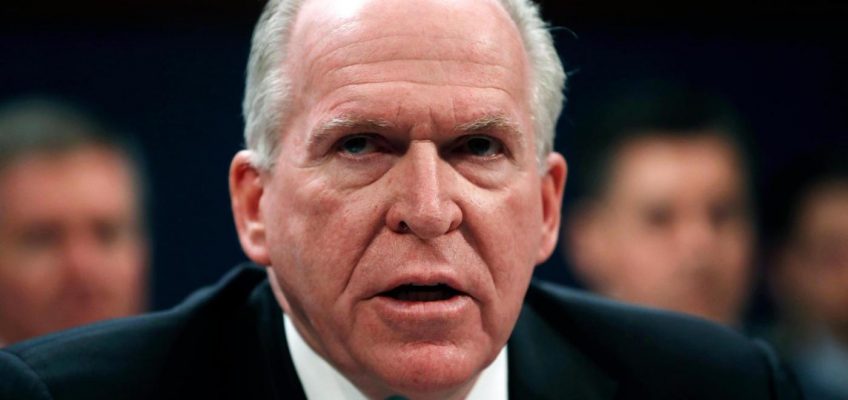By RUSS BYNUM
SAVANNAH, Ga. (AP) — A Guatemalan driver fleeing a Georgia traffic stop by federal immigration officers crashed into another vehicle, killing a teacher who was headed to work, authorities and school officials said.
Related Articles
New Orleans celebrates Mardi Gras, the indulgent conclusion of Carnival season
There was ‘a bridge called Jesse Jackson’ across decades of civil rights advocacy
Stephen Colbert says network lawyers pulled James Talarico interview over FCC equal time fears
Police credit a good Samaritan for ending a deadly shooting at a Rhode Island ice rink
Elevate Prize winners gain more than $300K in funding. They learn to better tell their own stories
Oscar Vasquez Lopez, the driver accused of causing the Monday crash just outside of Savannah, remained jailed Tuesday on charges including vehicular homicide, reckless driving and driving without a valid license. Lopez, 38, is in the U.S. illegally, according to Immigration and Customs Enforcement.
Immigration officers were looking for Lopez to enforce an immigration judge’s 2024 deportation order, ICE spokesperson Lindsay Williams said Tuesday, noting that Lopez has no other criminal history.
Lopez pulled over when ICE officers used sirens and blue lights to initiate a traffic stop, but then drove away when they approached his vehicle, Williams said. Lopez made a U-turn and ran a stop light before he crashed, ICE said in a news release.
Asked if the ICE officers chased Lopez, Williams said: “Chased? I wouldn’t say that. They followed him until he crashed.”
Williams said he didn’t know how far Lopez fled before he crashed.
Savannah-Chatham County school officials identified the woman killed as Linda Davis, a special education teacher at Herman W. Hesse K-8 School.
Davis was beloved by the school community, Principal Alonna McMullen said.
“She dedicated her career to ensuring that every child felt supported, valued, and capable of success,” McMullen said in a news release. “Her kindness, patience, and enthusiasm created a nurturing environment for her students and inspired those around her.”
The crash happened less than a half-mile (0.8 kilometers) from the school. Though students were off Monday for Presidents Day, teachers reported to work. Davis was driving to school when she was killed, school system spokesperson Sheila Blanco said.
Chatham County jail records didn’t list an attorney for Lopez as of Tuesday or show whether he had been granted bond. His case also didn’t appear yet in online court records.
Federal immigration officers have faced increased scrutiny for their aggressive tactics during the Trump administration’s nationwide crackdown on illegal immigration, especially since they shot and killed Renee Good and Alex Pretti in Minneapolis.
In a statement, Tricia McLaughlin, a Department of Homeland Security spokesperson, blamed “politicians and the media constantly demonizing ICE officers and encouraging those here illegally to resist arrest.”
Chatham County police said in a statement that they were unaware of the ICE operation and traffic stop before the deadly crash.
Local officials questioned whether Davis’ death might have been prevented.
“I’ve always been and remain very concerned about the activities of ICE in cities, particularly where they’re not coordinating or communicating,” Savannah Mayor Van Johnson, a former police officer, told reporters Tuesday.
“What this individual was wanted for, did it necessitate the end result?” Johnson said.
Chester Ellis, chairman of the Chatham County Board of Commissioners, noted that county police are constrained by a policy that allows vehicle pursuits only when officers believe a suspect has committed or is attempting to commit a violent felony.
“The no-chase policy is to help protect our citizens more than it is anything else,” Ellis told WTOC-TV. “So there may have been a different way to corner the individual so that he could not run, or that he could not cause the accident that took the life of Dr. Davis.”




